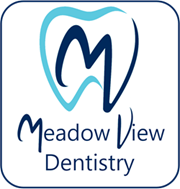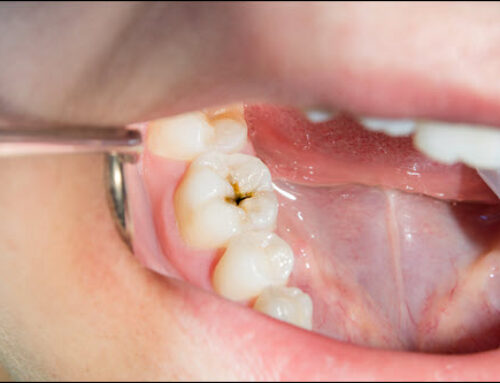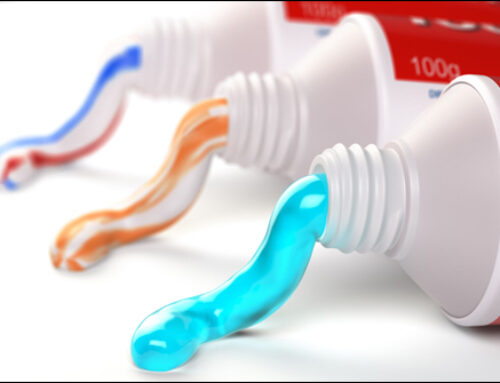When it comes to dental health, many factors play a role in determining the condition of your teeth and gums. While oral hygiene practices, diet, and lifestyle choices are significant contributors, genetics also plays a crucial role. Understanding the impact of genetics on dental health can help individuals take proactive steps to manage their oral health and prevent potential problems. Here’s how genetics can influence various aspects of dental health and what you can do about it.
Tooth Development and Alignment
Genetics significantly influences the size, shape, and alignment of your teeth. The way your teeth are aligned can affect your bite, speech, and overall oral health. If your parents had crooked teeth or misaligned bites, there’s a higher chance that you might experience similar issues. Genetic predispositions can lead to problems like crowding, spacing, or overbites and underbites, which might require orthodontic intervention such as braces or aligners.
Tooth Enamel Strength
The strength and quality of your tooth enamel can also be affected by genetics. Enamel is the hard, outer layer that protects your teeth from decay and damage. Some people are genetically predisposed to have weaker enamel, making them more susceptible to cavities and wear. Enamel hypoplasia, a condition where the enamel is underdeveloped, can also be hereditary, leading to increased sensitivity and higher risk of decay.
 Gum Disease Susceptibility
Gum Disease Susceptibility
Periodontal (gum) disease is a common condition that affects the tissues supporting your teeth. While poor oral hygiene is a significant factor, genetics can also play a role in your susceptibility to gum disease. If gum disease runs in your family, you may be at a higher risk, even if you maintain good oral hygiene. Genetics can influence how your immune system responds to the bacteria in your mouth, potentially leading to more severe gum inflammation and damage.
Risk of Tooth Decay
Cavities are caused by a combination of factors, including diet, oral hygiene, and bacteria. However, genetics can affect your risk of developing tooth decay by influencing the composition of your saliva, which helps neutralize acids and wash away food particles. Some people may naturally have more acid-neutralizing enzymes in their saliva, while others may not, increasing their risk of cavities.
Oral Cancer Risk
While lifestyle factors such as smoking and alcohol use are major contributors to oral cancer, genetics can also play a role. Family history can influence your risk, and certain genetic markers have been linked to an increased susceptibility to developing oral cancer.
What You Can Do
While you can’t change your genetics, there are steps you can take to mitigate the impact on your dental health:
-
- Maintain Good Oral Hygiene: Brush twice a day, floss daily, and use mouthwash to reduce plaque and bacteria.
- Visit the Dentist Regularly: Regular dental check-ups and cleanings can help catch problems early and provide professional care to prevent or manage genetic predispositions.
- Eat a Balanced Diet: Consume a diet rich in fruits, vegetables, and dairy products to strengthen your teeth and gums.
- Use Fluoride Products: Fluoride can help strengthen enamel and prevent decay, so consider using toothpaste and mouthwash that contain fluoride.
- Consider Genetic Counseling: If you have a strong family history of dental problems, genetic counseling can help you understand your risks and take preventive measures.
Genetics plays a significant role in dental health, influencing everything from tooth alignment to susceptibility to decay and gum disease. By understanding the genetic factors that can affect your oral health, you can take proactive steps to manage your risk and maintain a healthy smile. Regular dental visits and good oral hygiene practices remain essential, providing a foundation for mitigating the effects of genetic predispositions and ensuring optimal dental health.





